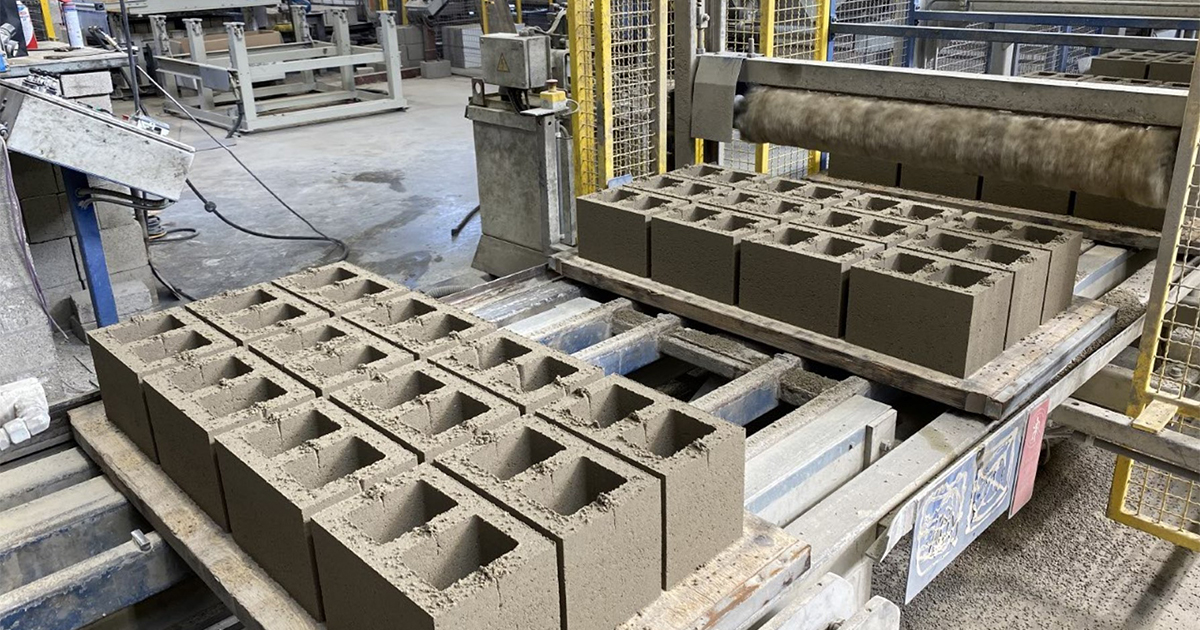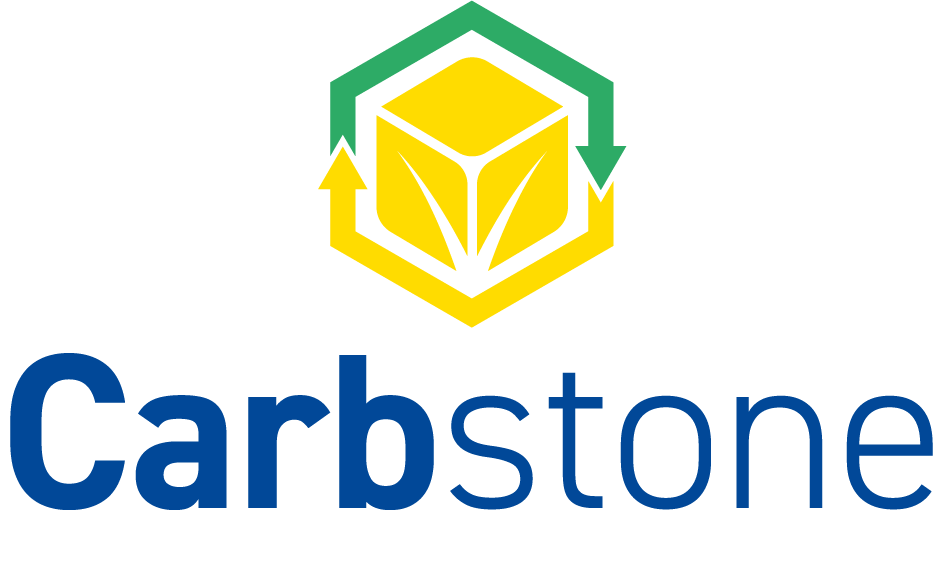
Concrete blocks ... without cement: this Belgian technology fights pollution in the construction industry
Turning buildings into carbon sinks to fight global warming. That’s the idea developed by Betonagglomeraten Gubbels Masterbloc. To achieve this, they devised Carbstone, a concrete block that captures CO2. A revolutionary technology that could decarbonize the highly polluting construction industry.
At his Masterbloc plant, business manager Bjorn Gubbels may have the solution to combat pollution caused by cement. He produces precast concrete blocks that require no cement. This process is called carbonation. “In 24 hours, the carbonation process provides the same strength as traditional concrete after 28 days,” explained Masterbloc’s CEO. The result: a block that is similar in every way to “traditional” blocks. They have the same shape, weight and are placed in the same way.
The mystery lies in the use of slag from the steel industry, a material that hardens in contact with CO2. Serge Celis, CEO of another Belgian company, Orbix, has been treating this waste for a long time: “We saw that this material became very hard and it turned out that this was due to the impact of CO2.”
"In 24 hours, the carbonation process provides the same strength as traditional concrete after 28 days."
Bjorn Gubbels
Competitive blocks on the market
This accidental discovery comes from our own country and it works. Besides an ecological advantage, it is also an economic one. Cement manufacturers are paying higher and higher CO2-emission taxes, a cost that has an impact on the price of their products. This makes the production of blocks without cement competitive. Bjorn plans to triple his production in the coming years: “The construction industry is doing everything to be CO2 neutral. We are negative. We are a net consumer of CO2.”
Raphael Grimont, CEO of Prefer, is also investing in this technology, with an added complexity: “We are trying to work directly with industrial smoke from one of our neighbors, without transforming it.”
Thanks to this technology, CO2 becomes a commodity. The ambition of these three Belgian companies: to turn homes into small carbon sinks. A ton of their cementless blocks can sustainably retain up to 100 kilograms of carbon dioxide.
Source: RTL info, Oct. 13, 2023
